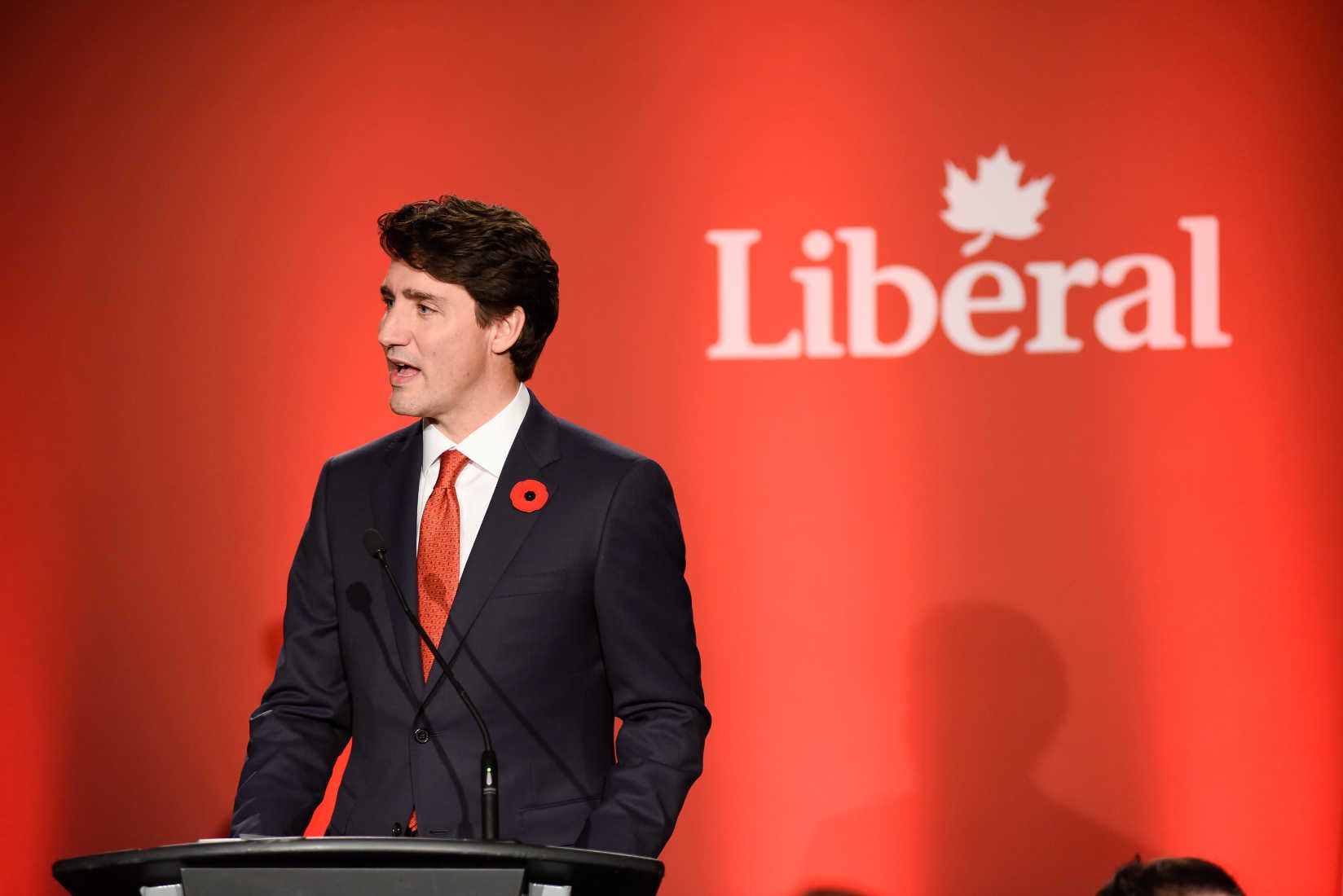By: José Niño
The United States is unique among nations in its codification of the right to bear arms, which holds true even among other English-speaking countries.
Even though its northern neighbor Canada shares a similar Anglo heritage with the US, they radically part ways on the issues of the right to bear arms. In 2021, this is particularly salient during Canada’s fast-approaching snap election, slated for September 20.
Canadian Prime Minister Justin Trudeau, who heads the Liberal Party, wants to consolidate his party’s hold over Canadian politics. The Liberal Party is currently a minority in the Canadian House of Commons, and Trudeau is using his government’s response to the Wuhan virus pandemic as a way for his party to attain an outright majority.
In addition to boasting his government’s response to the pandemic, Trudeau is trotting forward gun control measures as a way to woo Canadian voters by playing to their fears that gun violence is supposedly a major threat to the country’s public order.
According to CTV News, the Liberals are promising the following gun control measures:
● Introduce stricter laws on banned assault weapons to make it mandatory for owners to either sell the gun back to the government or have it “rendered permanently inoperable”;
● Ban the sale or transfer of high-capacity magazines that can hold more than the legal number of bullets; and
● Earmark $1 billion for provinces and territories who move ahead with handgun bans.
Cam Edwards of Bearing Arms provided some context to the latest gun control developments in the Great White North:
Keep in mind that Canada is in the midst of a two-year amnesty for owners of those banned modern sporting rifles, though Trudeau’s government is still unsure how much the planned compensated confiscation effort will cost. The legislation that would formally establish the mechanism to collect hundreds of thousands of lawfully-purchased firearms from Canadian gun owners never made it past second reading in the House of Commons before it went on summer recess.
The gun question will undoubtedly be a major issue in the upcoming snap election, which Edwards pointed out:
That means that gun control is most certainly going to be an issue in the upcoming election, and Trudeau is playing to his base with his plans to impose criminal penalties on commonly possessed arms and accessories. The big ticket item however, is the billion dollars Trudeau wants to earmark as giveaways to provinces that would impose an outright ban on the ownership of handguns.
Should Trudeau receive a strong mandate in the snap elections, radical gun control could be coming down the pipe in Canada. Overall, Canada is no paradise for gun owners. According to Gunpolicy.org, its gun control laws are characterized as “restrictive.” The country simply does not have as strong of a gun culture as its southern neighbor.
It’s anyone’s guess how the Canadian elections will turn out. But if political trends of the past 50 years have been any indicator, it’s unlikely that Canada’s gun laws will be liberalized anytime soon.
José Niño is a freelance writer based in Austin, Texas. Sign up for his mailing list here. Contact him via Facebook, Twitter, or email him at [email protected]. Get his e-book, The 10 Myths of Gun Control, here.

